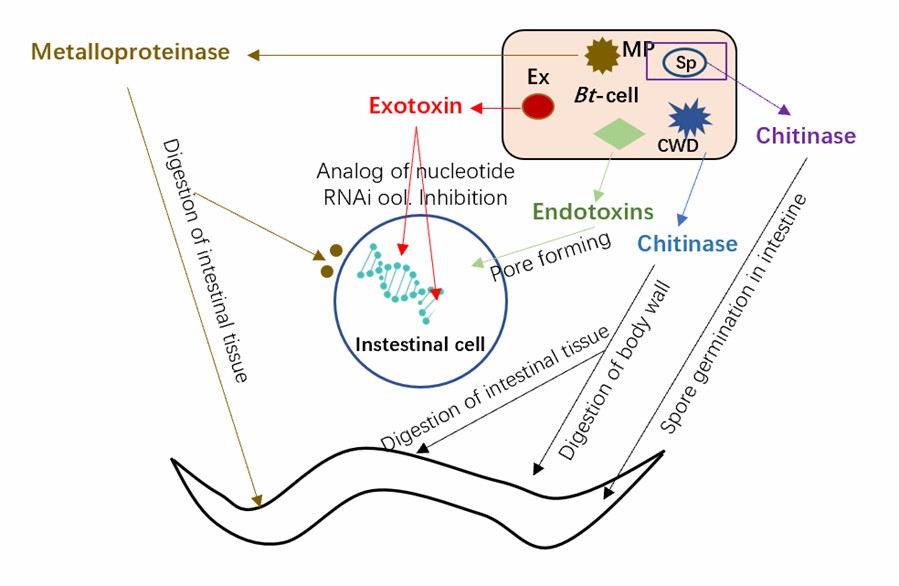Due to the continued reduction in the use of toxic and expensive nematicides, there is now a greater than ever need for crop varieties that are resistant to plant parasitic nematodes. Several classes of potential anti-nematode genes, encoding lectins, some antibodies, and Bt Cry proteins, are being evaluated for their ability to confer broad spectrum nematode resistance. Early indications are that these are likely to be effective for controlling nematodes. Selecting resistance genes is almost certainly going to be important to increase field durability and to widen the spectrum of nematodes controlled by anyone transgenic line.
Lifeasible provides a transgenic strategy based on other anti-nematode coding genes to help our customers worldwide in plant science research. Our platform is equipped with cutting-edge facilities and professional experts to support research. Here, we provide various services according to customers' demands.
Lectin Coding Genes
- Lectins, or agglutinins, are ubiquitous proteins present in both plants and animals that recognize and reversibly bind specific mono- or oligosaccharides. Lectin genes are induced in response to several pathogens, including plant nematodes. Lectin toxicity is attributed to their ability to interfere with intestinal function. They are highly resistant to proteolysis in the gastrointestinal tracts and are, therefore, available to bind glycans on the surface of the intestine.
- Heterologous expression of lectins in plants has therefore been pursued as a potential route to enhance resistance to insect pests. Lifeasible provides transgenic strategies based on lectin coding genes, such as concanavalin A lectin (Con A) and snowdrop lectin (GNA).
- Our service lists also include plant transformation and selection of transgenic lines, determination of T-DNA copy number in transgenic lines, lectin expression analysis, search for nematode lectin-binding proteins, and nematode infection assays.
Antibody Coding Genes
- Recombinant whole or partial antibodies expressed in planta (plantibodies) hold the potential for creating nematode resistance. The establishment of a successful nematode-plant interaction involves several processes against which plantibodies may be directed.
- We provide transgenic strategies based on antibody coding genes, including antigen preparation, induction of nematode secretions, monoclonal antibody production, enzyme-linked immunosorbent assay, nematode motility, and penetration assay, etc.
Bt Cry Protein Coding Genes
 Fig.1 Mode of action of Bt against nematodes.
Fig.1 Mode of action of Bt against nematodes.
- Bacillus thurigiensis (Bt) crops are grown on over 26 million ha globally in both developing and developed countries and have dramatically reduced the application of chemical insecticides. The potential for Bt toxin as a nematicide was demonstrated. Bt crystal proteins have subsequently been shown to have lethal or toxic activity across the Nematode phylum, including plant-parasitic nematodes.
- We provide transgenic strategies based on Bt crystal (Cry) protein coding genes, including Cry5B, Cry6A, and others. Our service lists include the generation of transgenic plants, detection of protein expression in plant roots, RT-PCR and northern blot analysis, plant nematode maintenance and bioassays, etc.
Lifeasible provides cost-effective, high-quality, and hassle-free services to our customers worldwide. We provide our clients with direct access to our experts and prompt responses to their questions. If you are interested in our services or have any questions, please feel free to contact us or make an online inquiry.
Our products/services are For Research Use Only. Not For Clinical Use!
 Fig.1 Mode of action of Bt against nematodes.
Fig.1 Mode of action of Bt against nematodes.